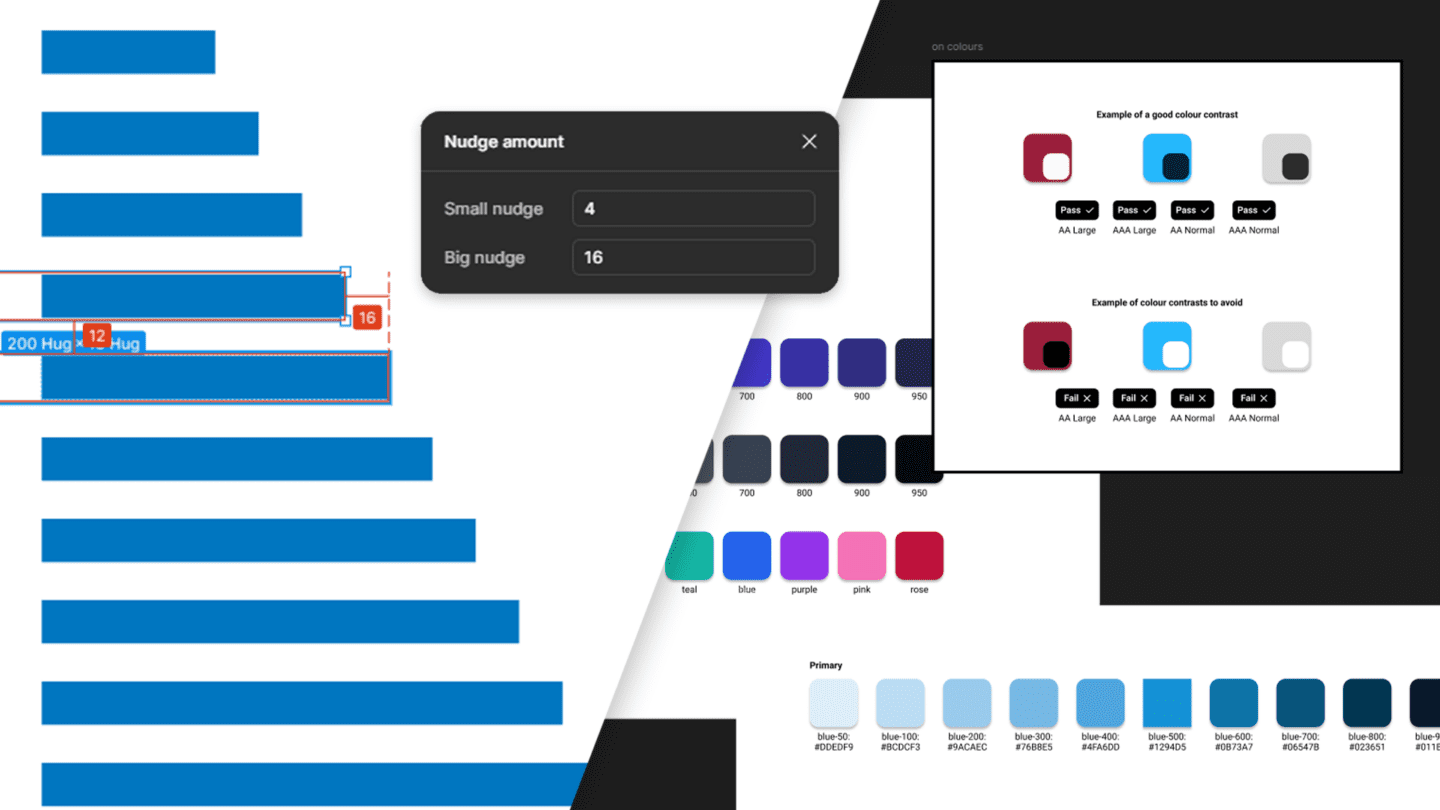Your email database matters. Despite the changing ways in which we receive and consume content, one thing that has remained a constant in a professional context, is email. In fact, email marketing is still one of the most effective methods for reaching, converting and establishing a long-term relationship with your customers. Not only does it have one of the highest ROIs, it also provides greater visibility than the fleeting nature of many common social media tactics or campaigns.
How things change
That said, I’m pretty protective of my email address. Years of having to wade through irrelevant emails has made me subconsciously assess the value, or rather the cost, of sharing this information. Whereas a few years ago I’d impulsively exchange my email in exchange for accessing something I thought I may like, e.g. a PDF or free trial. Now I need to be convinced before I’m willing to do this.
Why? Most of my professional communication is conducted by email. Which means I’ve had to become more and more cautious about sharing my email address. As I just can’t face the noise of waking up to 100 emails, of which only 10 are likely to be relevant.
Value vs. cost: a sub-conscious decision
Yes, I know I can unsubscribe to most of these unwanted emails but that’s a hassle I’d rather do without. So, whenever I see an email sign-up form, the lazy part of my brain shouts “no” whilst the slightly less lazy side of my brain tries to calculate whether the value outweighs the cost, and if I’m being honest 9 times out of 10 I decide it isn’t.
Now I know this isn’t just me. Many people associate emails from a commercial entity as spam. Even if they’ve signed-up to receive them in the past. Which means our collective caution when providing this information is making it harder to build an email database.
This point has cropped up time and time again when discussing launch strategies with start-ups. But the reality is however difficult it is – capturing email addresses, whether you plan to use them for email marketing immediately or not, is something you simply cannot ignore. Read this post on why we think a landing page focused on capturing emails is critical for any start-up that is still refining its product or service.
So, if it’s that hard, why bother?
Well the benefits of asking people for their email address (and permission to send them marketing content) are pretty hard to ignore:
- Email marketing typically offers the highest ROI for direct-to-consumer or business campaigns
- Increase interest, drive sales and stimulate loyalty by delivering relevant content
- Capitalise on the permission you’ve been given (to send marketing and sales content)
- Email marketing tends to be cheaper than traditional tactics
- Campaigns are fast and easy to create
- Campaigns are easy to track and measure
- Readers can easily share your content
- Cost-effectively test messaging and copy
- Environmental benefits
Email database and marketing lessons we’ve learned
- Build lists based on a pre-defined set of objectives: focus on who you are targeting and why.
- Calculate the value of an email address: and then set a budget you need to increase the size of your list year on year.
- It’s the quality of the list, not the quantity, that counts: Lists with a few engaged prospects can outperform lists of 10,000 generic freeloaders.
- Always ask for permission: provide your privacy policy and make it easy to unsubscribe.
- Ensure your email capture forms are easy to find and use: test positioning, styling and the amount of information required.
- Stimulate sign-ups: by clearly articulating the benefits of signing-up or providing incentives if people do.
- Avoid 3rd party data: in short, it’s a false economy!
- Be personal: if your list is small (and it’s feasible): consider pausing these tactics and writing personal emails to improve your relationship until your list has grown large enough to justify the time and effort involved.
It’s on an on-going process
According to research conducted by Marketing Sherpa:
B2B data tends to decay at an annualised rate of 22.5%.
That’s substantial and reiterates the importance of constantly sourcing and adding new contacts for your email database. You may think this may not apply to your business, but the reality is people will opt-out, move job, abandon email accounts, etc.
What this means is, you need to allocate the time (and perhaps budget) to:
- Identify who you wish to reach
- Identify what they will respond to positively
- Generate the content required
- Put in place the tools required to capture addresses and create campaigns
- Monitor and track how people interact with the content you deliver via email
- Measure the impact this has on your business
As a small business this is certainly something we’ve struggled with. But the sooner you confront this challenge, and put the effort in to overcome it, the sooner you’ll see the benefits of using one of the most effective and scalable digital marketing channels.
If you’d like more information on email marketing and email databases then contact us.


